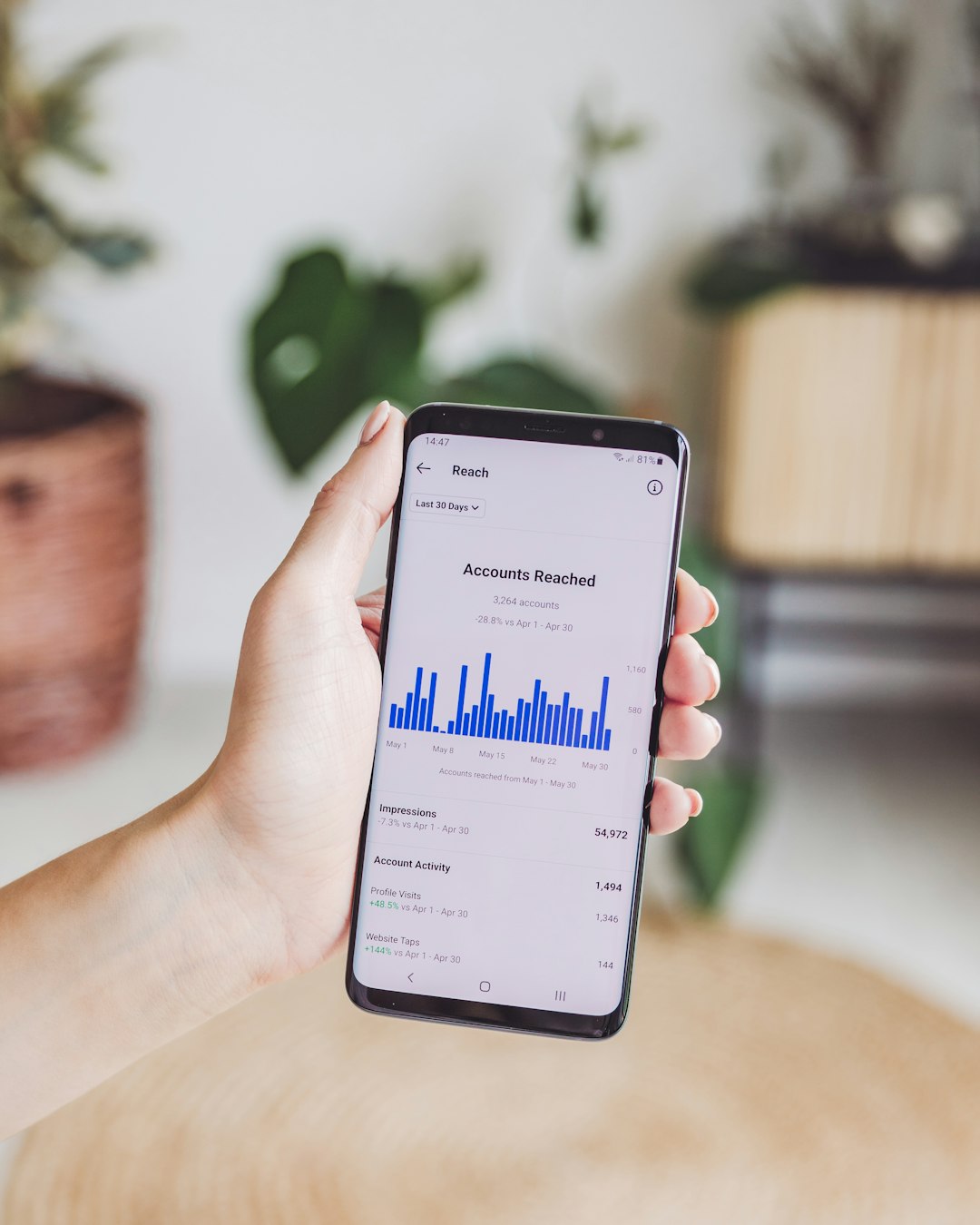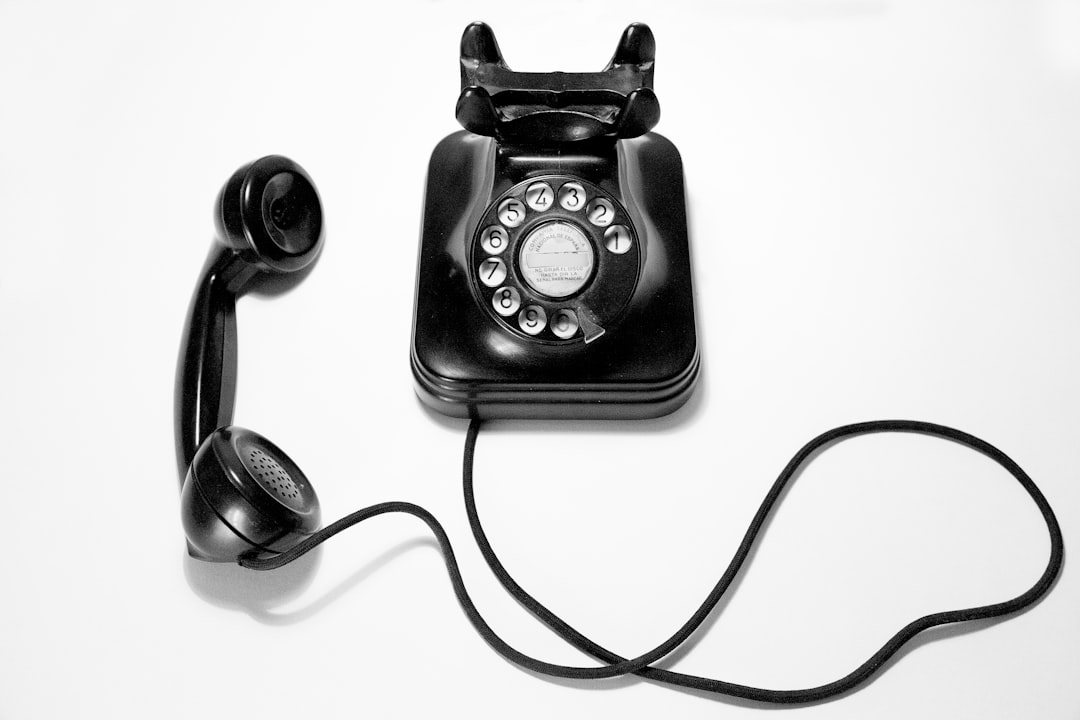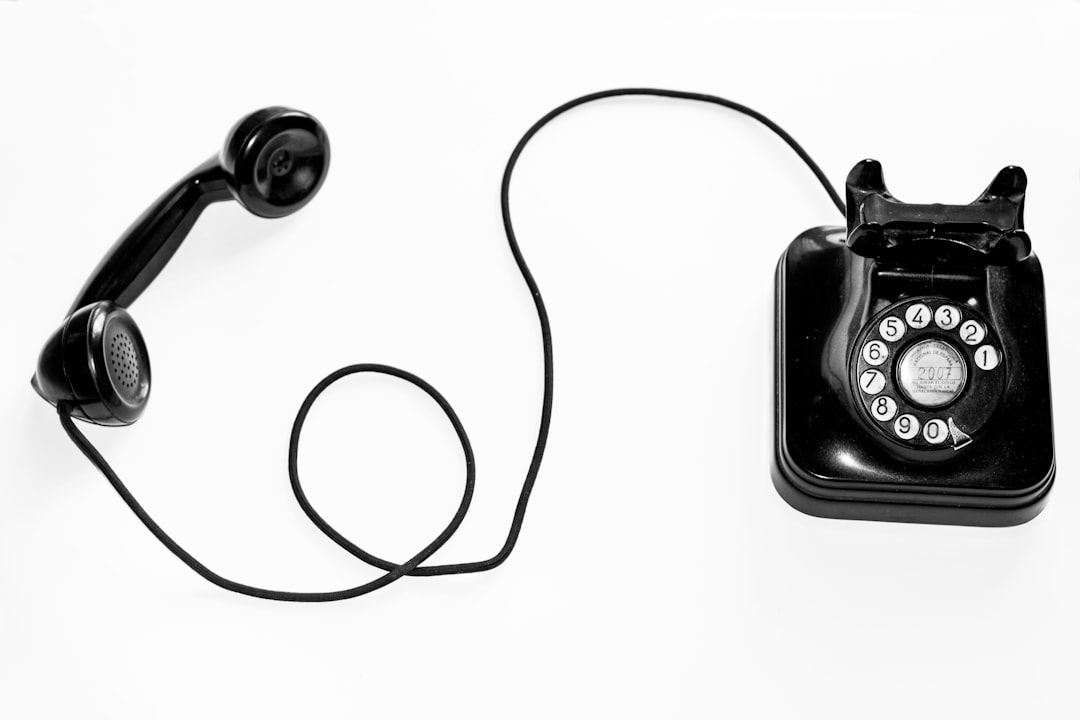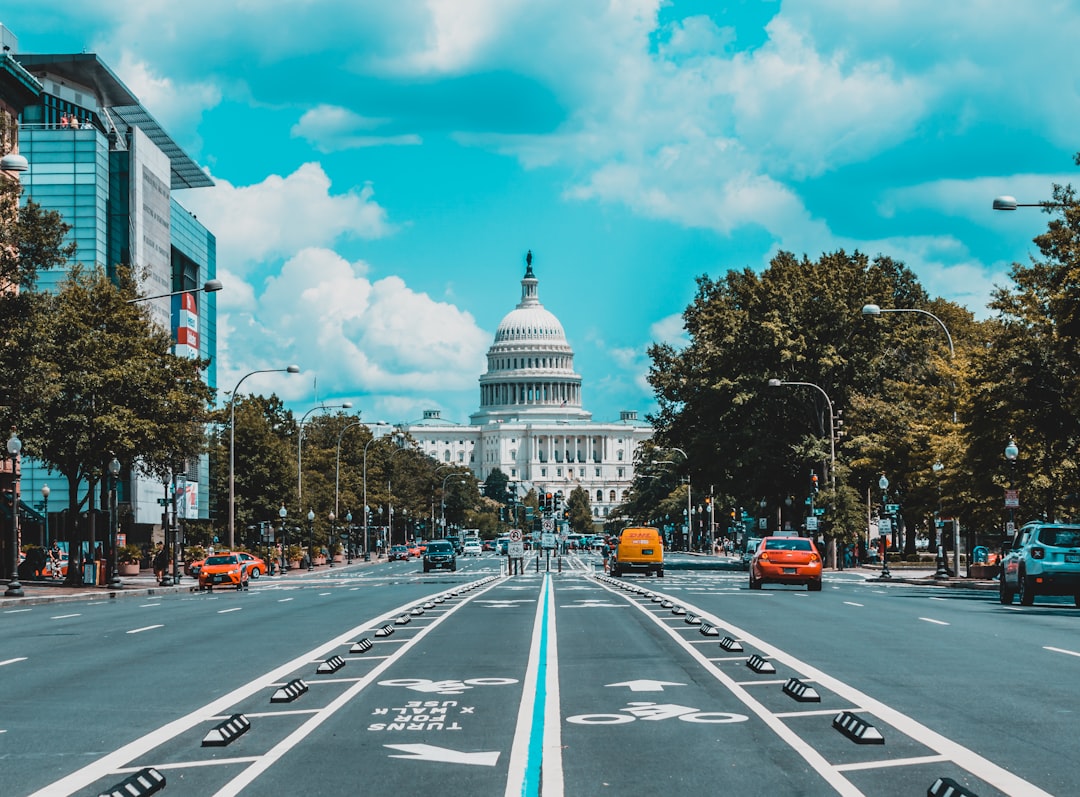Unwanted call attorneys Washington are increasingly used by scammers who impersonate authorities, leveraging high-pressure tactics like threats and emotional manipulation to steal personal data or money. To avoid these phishing schemes, recognize red flags such as mysterious caller IDs, urgent requests for private information, or inconsistent narratives. Verify the legitimacy of any unexpected calls by cross-referencing with official directories, confirming details, and asking direct questions. Never share sensitive information without independent verification, protecting yourself from potential harm.
Stay alert, folks! In today’s digital age, phishing attempts don’t just arrive via email—unwanted calls from seemingly legitimate sources are another tactic used by scammers. This guide arms you with knowledge to recognize and combat these cunning schemes, specifically targeting phone scams involving unwanted calls attorneys in Washington state. Learn the red flags, discover verification strategies, and protect yourself from becoming a victim.
Understanding Phishing Scams Over the Phone

Phishing scams over the phone, often disguised as legitimate calls from authorities or financial institutions, are a growing concern for many Americans, especially in metropolitan areas like Washington. Unwanted call attorneys Washington have reported a surge in such attempts, where scammers use high-pressure tactics to trick individuals into revealing sensitive information. These scams can take various forms, including impersonating IRS agents, bank representatives, or even law enforcement officers.
It’s crucial to recognize that legitimate organizations rarely initiate calls to demand personal information or money immediately. Scammers may threaten arrest, fines, or account closure to create a sense of urgency and panic. They might also use subtle techniques like playing on emotions, offering limited time frames for action, or providing false promises of rewards. Understanding these common phishing tactics is the first step in protecting yourself from falling victim to such schemes.
Red Flags to Look Out For During Unwanted Calls

If you’re receiving unwanted calls, especially from people claiming to be unwanted call attorneys Washington, it’s crucial to recognize potential phishing attempts. Phishers often use sophisticated tactics to trick individuals into revealing sensitive information like passwords or financial details. Some common red flags to look out for include: strange or unidentifiable call numbers, urgent requests for personal data, and a sense of immediacy that pressures you to act without verification. Be wary if the caller demands payment or threatens consequences for non-compliance; legitimate organizations rarely employ such tactics.
Additionally, pay attention to inconsistencies in the caller’s story or information they provide about your account. Reputable businesses usually have accurate records of their clients’ details. If a call raises suspicion, don’t hesitate to hang up and independently verify the caller’s identity through official channels, like contacting your service provider directly. Remember, it’s always better to err on the side of caution when dealing with potentially harmful phone calls.
Strategies for Verifying the Legitimacy of Attorneys' Calls

When dealing with unwanted calls from attorneys in Washington, it’s essential to have a strategy for verifying their legitimacy to avoid potential phishing attempts. One effective approach is to cross-reference the caller’s information against reputable legal directories or official state bar association listings. This simple step can help confirm if the attorney is licensed and practicing within the state of Washington.
Additionally, do not be afraid to ask direct questions about their identity and the purpose of the call. Reputable attorneys will understand your caution and be willing to provide clear, concise information. Look for consistent details across multiple sources, such as the law firm’s name, contact information, and the specific case or issue they claim to be addressing. If any discrepancies arise, it could be a red flag indicating a phishing attempt.
Protecting Yourself: What to Do If You Suspect a Phishing Attempt

If you suspect an unwanted call might be a phishing attempt, it’s crucial to act swiftly and protect yourself. The first step is to remain calm and assess the situation. Phishing scams often aim to trick you into revealing sensitive information like passwords or financial data over the phone. Never provide such details unless you can verify the caller’s identity and purpose through independent means.
Contact your service providers directly using official contact numbers listed on their websites. For instance, if an unwanted call claims to be from your attorney in Washington regarding a legal matter, dial the direct number of the reputable law firm and inquire about the call. This verification step is vital to ensure you’re not falling victim to a scammer impersonating a legitimate entity.






